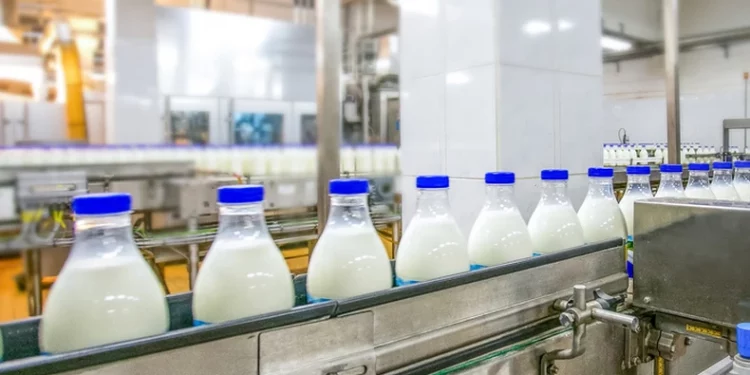Ghana’s dairy industry set to grow considerably in the medium-term
“The Ghanaian dairy segment will see significant growth over the medium-term, aided by growing real disposable incomes and demand for dairy products. The dairy segment has benefitted from improving road infrastructure and refrigeration facilities and the increasing formalisation of the grocery shopping experience which has all contributed to lowering the time and costs of making dairy products more widely available to Ghanaian consumers.

The dairy industry in Ghana is set to record significant growth over the medium-term according to Fitch Solutions, driven by increased consumer demands.
Already, factors such as improved road networks, availability of refrigeration facilities and easier accessibility of grocery stores across Ghana, have all contributed to the considerable success recorded in the country’s dairy sector. And now, a growing labour force which has resulted in rising disposable income on the part of the consumers, is set to further drive growth.
- Advertisement -
“The Ghanaian dairy segment will see significant growth over the medium-term, aided by growing real disposable incomes and demand for dairy products. The dairy segment has benefitted from improving road infrastructure and refrigeration facilities and the increasing formalisation of the grocery shopping experience which has all contributed to lowering the time and costs of making dairy products more widely available to Ghanaian consumers. Within the dairy segment, yoghurt will be the outperformer, as Ghanaians demand for drinking yoghurts grow due to their affordability and convenience,” said the report.
- Advertisement -
It should be noted that household disposable income in Ghana is projected to rise by 9.0% to $5,420 between now and 2026. However, inflation is also projected to be a major risk factor during the timeframe, growing at a commensurate level over the medium-term.
- Advertisement -
Recall that a previous report by Business Insider Africa listed Ghana as one of Africa’s top 10 countries with highest inflation rates. As of April this year, the country’s inflation rate was at 23.6%, according to the Ghana Statistical Service.
Consumer price inflation in the West African country is projected to average 18.6% year on year by the end of 2022. This is in view of Russia’s war on Ukraine which has exposed Ghana to risks and ramped up prices for essential commodities such as wheat and oil.
Source: Norvanreports.com
- Advertisement -



